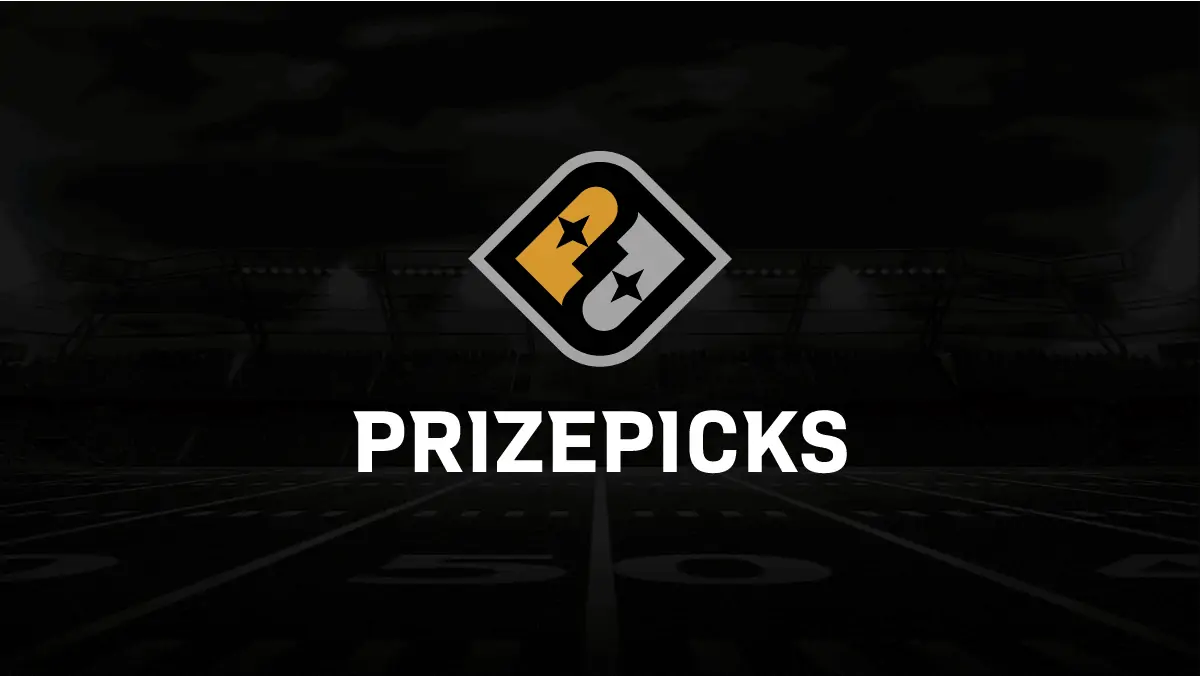[yop_poll id=”8″]
So, what’s new in your world? Has anything changed notably since, maybe, the end of February? If your life has been anything like mine, I sincerely hope you smell better, and you probably need a shave. You might also be dealing with the fallout from social distancing routines related to slowing the spread of Covid-19 in a lot of different ways.
Most of us have been forced indoors and online during this crisis. In most parts of the country get-togethers larger than a small handful of people have been banned entirely, and it is recommended that you keep more than 6 feet apart from others. This is how we win.
This is also why I had to turn to phone-togetherness in order to sarcastically – this is what I tell myself – watch the finale of The Bachelor with my lady friend. It’s why there was no Yankees home opener for me to go to this week. In fact, it’s why a lot of us have had to turn to phone-togetherness to do all sorts of things with our significant others…
Until the first Wednesday under semi-official semi-lockdown, it didn’t really occur to me that my regular weekly Hold ‘Em tournament would also be impacted by the current pandemic. Sure, I knew we wouldn’t be able to go to the grocery store, or the dog park, or be able to buy food or toilet paper, but of course the poker game would go on! Hell, we played during Hurricane Sandy while the streets were flooded, and the power was out. With 4 people and a lantern! (true story). We’ve played almost every week without fail for like 15 years now. Game on!
Unfortunately for that notion, the spread of a virus isn’t quite like a gigantic hurricane. While those are heavy on devastation and tragedy, they tend to not linger for months on end, and they certainly don’t get worse from people sitting close to one another at a card table. Packing 30 (redacted)head smokers into a 25×10 room with three small tables and zero ventilation is a great way to infect 250 people. So, until Dustin Hoffman and Cuba Gooding Jr. catch Marcel the monkey from Friends, the Wednesday night card game needed another option. The “league commissioners” and I got to thinking.
Discarded Ideas Pile:
- Everyone signs into Zoom and we play Blind Man’s Bluff
- Play on a conference call on the honor system, ‘on the count of three everyone imagines their two hole-cards”
- Poker by Mail. Works well for chess, but would severely limit our hands-per-hour rates
- Draw a random number and assign a poker hand you’ve had previously in the year, with no context or impact to anything else around you (what’s up FanDuel Sim NBA?)
Immediately, we decided to move the game online. But where? How? After all, we live in the U.S. where the depressed, damaged, and deranged can go to a single 24-hour store for a handgun, a bottle of Jack Daniels, and some prescription pills, but had better not be playing poker online while they figure out in which order those go into one’s mouth. This might not be so easy. Luckily for you and your game, we’ve gone through a few of the bumps, and we’re here to help you figure out how to move your long-running home game online for the foreseeable future.
First, have a weekly home-game. I can’t stress enough the importance that having a weekly home-game has for moving your weekly home-game online. It’s best if you’ve spent between one and a great many weeks either hosting or attending a regular weekly home-game in the years leading up to the pandemic. If you haven’t done this, you may find our recent pieces “6 Strategies so You Don’t Tear Out Your Hair Over Solitaire” or “Meeting People: How to Turn No Friends into 10 Friends into 6 Friends and 4 Sad Buffets During the Coronavirus Outbreak” more helpful than the rest of this column.
Run a quick list. What are the demographics of your game? How many players are regulars, and how many of them would be likely to follow your game online if you put in the effort? Without regulars to help stabilize the game’s attendance and prize pool, things will fall apart quickly. If you play with a younger crowd this won’t be as much of an issue, but the older your game the greater the technical challenge is going to get. If anything, undersell the first game until you’re sure that there will be a turnout. It’s easy to recruit people to a game that exceeded expectations, getting them to come back to one that underwhelmed is a challenge.
At this point, you should start making a contact list if you don’t already have one. Try to get the names, numbers, and emails of everyone you can, and establish contact chains for those you can’t. Thinking of certain people as contact captains for their group of friends can be helpful, depending on the size of your game. You’ll want an easy way to get in touch with as many players in your game as possible, in case there are technical challenges, or any changes need to be made during unpredictable times.
Start spreading the word and gauge people’s interest. In our effort there was a ready-made foundation of players that we knew would follow the game online, but the overall group interest was a question mark. Would we have a single-table 9-person game, our usual 18-25, or something even bigger?
Be prepared for something bigger. It’s important to account for the fact that people are currently house bound with extraordinarily limited options for entertainment, camaraderie, gambling, and escape from their families, your poker game is about to provide all four. Depending on the site you choose to host the game on, you might have players who moved away decide they want to join from different states or parts of the world. Friends and well-wishers of friends will want to join. In the weeks since moving online our game has gone from recent averages of around 18 players and 5 rebuys, to 39 players and 20 rebuys.
Site selection is the critical step. There are numerous sites of varying legal status and reputation available, including both websites and mobile apps. Our companion piece reviews the top available options for U.S. players for solo and group play.
Without making any official endorsements, and in no way suggesting that this has been done, should be done, or would be legal to do, an app that offers the tools most home games require is Pokerrrr2, from the people who brought 3 extra rs to the word poker. Pokerrrr2 is a mobile-only app, which is a small strike against it for some, but Android emulators can run it on a desktop or laptop with little problem. The app is designed to be used with a touchscreen, however, given its somewhat unique approach to replicating the tactile experience of playing cards. Players slide their finger on screen to virtually “bend” the corner of hole-cards, flick cards forward to fold, tap them to check, or flip a virtual chip into the pot to bet or raise. This seemed silly to me at first but playing on a touch screen it does add a little something to the feeling of playing poker.
On downloading the app, you can create a “club” for your players to join via a custom code you will be provided. There are extremely deep customization features for creating any type of game you want to run, whether you prefer cash or tournaments, multi-table or sit ‘n’ go, Hold’Em, Stud, or Omaha. One of Pokerrrr’s best features is that, unlike many of the available options, your players will not have to purchase anything from Pokerrr in order to play, nor will they be required to provide critical information about their identity or banking activity.
Club runners purchase “Gold” from Pokerrrr which then goes to paying the fees to run your game. Our large weekly game costs less than $10 to run each week, and as an approved Apple and Google app, payments run directly through the respective company’s store accounts, and bill to your credit card as any other in-app purchase would. In other words, you aren’t trusting an unregulated operation based in Malta with your credit card details. No offense to the great Maltese people or their banking and regulatory practices.
Now, you are going to have to handle everyone’s buy-ins somehow. Fortunately, we live in an age of numerous instant online payment applications. My personal choice has been PayPal, but any, or all, of the major apps like Zelle, Venmo, and CashApp will serve you well. Your main concern here is having to deal with any transfer fees, or quirks about how money is sent. On PayPal, for example, it is important for your players to select the “send money to a friend” option, so that no service fees are charged. They should also not send you a payment based on an e-check, it will take a week to clear and you’ll be left covering their buy-ins.
Familiarize yourself with the app. Be sure that you know the ins and outs of the player experience, because I can assure you, you will be providing tech support to your players. The primary drawback of this specific app has been infrequent connectivity challenges for some users. For the most part, things have been incredibly stable, but we can’t recommend using it on a Friday or Saturday, for what seem like capacity-based issues. On weeknights these challenges seem minimal, but your players will find new and creative ways to frustrate you with questions for each of the first few weeks. A helpful tool in reducing the number of questions was creating a how-to and a FAQ to help guide new players through the process.
Following these few pieces of advice should help you get your game online in no time, with minimal pain. Is any of this going to give you the same experience as a home game? Absolutely not. The banter, the smoke-filled room, the laughs at the terrible beats you take week in week out until you just go numb, all are largely on pause through this. What moving your home-game online will do is help give you and your friends a major sense of continuity and normalcy. People will be able to check in with their pals, and know that things, while messy, will ultimately turn around. You should quickly find that providing an outlet for distraction, fun, and some sense of togetherness during these times is itself rewarding, even in weeks when you bust out of the tournament early and “have to face stupid reality again.” (Simpson, H.)

















